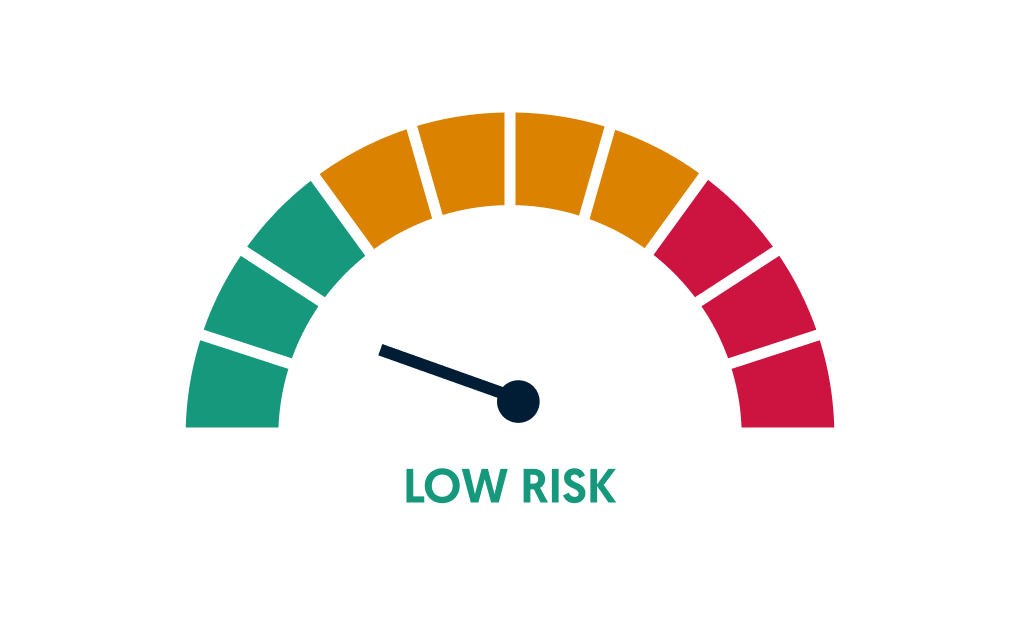Privacy Policy
A Privacy Policy outlines how your business will use, store and collect your customers' information. A Privacy Policy is required by law in certain circumstances.
4.7 (1421 reviews)
Last updated October 23, 2025
Under 5 minutes
Suitable for Australia
Written by Edwin Montoya Zorrilla
Reviewed by Damin Murdock
Document Overview
It is mandatory for your business to use a Privacy Policy if you collect information data (e.g phone numbers) online or directly from your customers as per the Privacy Act 1988 (Cth).
It is imperative for your customers to be aware of how their data is being used and reasonable steps be taken to handle such information with care.
Depending on your business needs there are various privacy policies that you might use and it is often known by other names such as:
- Responsible use of data policy.
- Website privacy policy.
- Privacy policy agreement.
- Confidential information policy.
Does my personal website have to include a Privacy Policy?
If you have a website that collects personal information from its users, it must include a Privacy Policy that complies with Australian and international laws.
A website that does not include a Privacy Policy may be subject to large fines in cases of a data breach. Small businesses with an annual turnover of $3 million must ensure their Privacy Policy complies with the requirements under the Privacy Act 1988 (Cth) and the Australian Privacy Principles.
If you're unsure on whether a Privacy Policy is required for your business, a helpful tip is to see if you are collecting any of these types of information:
- telephone number;
- date of birth;
- credit card information;
- financial information;
- contact information;
- sexual orientation;
- ethnic origin;
- health information;
- personally identifiable information;
- demographic information; or
- social media information.
If you're still unsure if your small business needs to comply with the Privacy Act, read more: Does my small business need to comply with the Privacy Act?
The Legal Risk Score of a Privacy Policy Template
Our legal team have marked this document as low risk considering:
- There is a risk associated with the collection and handling of sensitive information, as the document outlines specific conditions under which such data may be used, potentially limiting flexibility in unforeseen circumstances.
- The document allows for the use of personal information in direct marketing activities, which could expose users to unwanted communications unless they actively opt out.
- Users may find the process of addressing grievances concerning privacy practices to be potentially prolonged or unsatisfactory, as it involves internal reviews before escalating to an external authority.

Privacy Policy Checklist
Complete your free Privacy Policy with our checklist
Review Privacy Practices Regularly:
Ensure that the privacy policy is regularly reviewed and updated to comply with current laws and best practices.
Inform and Train Staff:
Educate and train employees on the importance of personal information security and the specific practices outlined in the privacy policy.
Implement Security Measures:
Put robust security measures in place to protect personal information from unauthorized access, misuse, or disclosure.
Monitor Third-Party Compliance:
Regularly assess and monitor third-party service providers to ensure they adhere to the privacy standards set out in the policy.
Use this Privacy Policy when:
- You would like to inform people how you collect, use and respect information data;
- You would like to be in compliance under Australian federal laws such as the Privacy Act; and
- You have created a website and require a privacy policy (please note, if you're after a more general-purpose privacy policy applicable to offline avenues, please see Lawpath's Offline Privacy Policy).
What does the Privacy Policy cover?
- how personal information data and sensitive information is collected;
- what the personal information is used for;
- how the personal information data is stored and managed; and
- the kind of control and rights that customers have over their personal information.
Other documents you may need:
- GDPR Privacy Policy
- Mobile App Privacy Policy
- Website Terms and Conditions of Use (Goods)
- Website Terms and Conditions of Use (Services)
I have an app or a website on a third party platform. Am I required to have a Privacy Policy ?
It is compulsory for those who either have a mobile app or desktop app to have a Privacy Policy to be in compliance under Australian federal laws, especially those which leverage Google Adsense.
Desktop apps can use this Privacy Policy template for compliance. Mobile App developers can use a specific Mobile App Privacy Policy - on the Lawpath platform - for compliance.
However, if you are unsure on whether your business is compliant with applicable privacy policies, contact us for more information.
As of late 2018, most third party platforms that allow individual vendors to set up their own business recommend the use of a Privacy Policy, if the individual vendor collects personal data. For example, Amazon requires website owners to post a Privacy Policy agreement if they use any of their services.
I use third party services/vendors on my website. Am I required to have a Privacy Policy?
Websites often interact with and pass data onto affiliates/third party vendors such as Google Analytics or Facebook Advertising who track the website for marketing purposes using browsers ‘cookies’ who collect personal information from its users, also to display ads.
If your website interacts with third party vendors, your Privacy Policy must include a clause notifying the user that third party vendor may collect their personal information. Third party services that track personal information may also collect log files/data on certain browser types which should also be included in your Privacy Policy. Log data collected and stored on servers typically includes IP addresses and download information.
Does anybody actually read privacy policies?
A survey undertaken by the Office of the Australian Information Commissioner (OAIC) into community attitudes towards privacy has found that 84% of people believe the privacy of their information is important. However, only 1 in 5 Australians read a Privacy Policy in full. 87% of people surveyed suggested that privacy policies be in plain english so that they can understand how their information is dealt with.
If your website also collects personal data from browser 'cookies' (ie. blog), it is important to give users the opportunity to consent - directly or possibly from a guardian - before collecting any information.
What laws apply to this Privacy Policy?
The Australian Privacy Act 1988 (Privacy Act) and the Australian Privacy Principles (APPs) regulates the handling of personal information about individuals.
If the business or website interacts with consumers outside Australia, certain international privacy laws may apply.
Does my Privacy Policy need to be compliant with international privacy laws? (ie. GDPR)
- European Union: The European General Data Protection Regulations (GDPR) applies to businesses in Australia or overseas if their business or website collects European consumer data.
- Canada: The Canadian Personal Information Protection and Electronic Documents Acts (PIPEDA) applies to businesses in Australia or overseas if their business or website collects Canadian consumer data.
- California: California has two policies; COPPA and CALOPPA, both of these apply to businesses in Australia or overseas if their business collects Californian consumer data.
If you are unsure about any international compliance regarding data collection, you can contact us for more information.
Should I get this policy reviewed by a lawyer?
Although it is not a legal requirement to have a lawyer draft your Privacy Policy, it is recommended, to ensure the accurate wording is being used and the relevant laws are being complied with.
Where should I publish my Privacy Policy?
It is common for websites to place their Privacy Policy, terms and conditions and website disclaimer at the footer of the website. This standard makes it easier for your visitors and customers to find your Privacy Policy.
Further information
View Sample Privacy Policy
It's never been so easy
Sign-up to a free Lawpath account
Get started and we'll take care of you. It's that easy.
Browse our 500+ legal documents
Browse our 500+ legal documents to find the perfect match to cover your business needs. We've got Compliance, Employment, Service agreements and more.
Collaborate with e-Sign and Sharing
Having access to your legal documents has never been easier. You can request e-signature, share the document and download for an efficient collaboration.
Create unlimited legal documents and eSignatures for only $39/month.
Upgrade to a Lawpath legal plan to boost your new business.


Here's what people say about Lawpath's Privacy Policy
Reviews are managed by BazaarVoice and comply with the BazaarVoice Authenticity Policy. Reviews are independently verified by BazaarVoice and detail our customers' real experiences.
0 reviews
Most Recent
Highest to Lowest Rating
Lowest to Highest Rating

